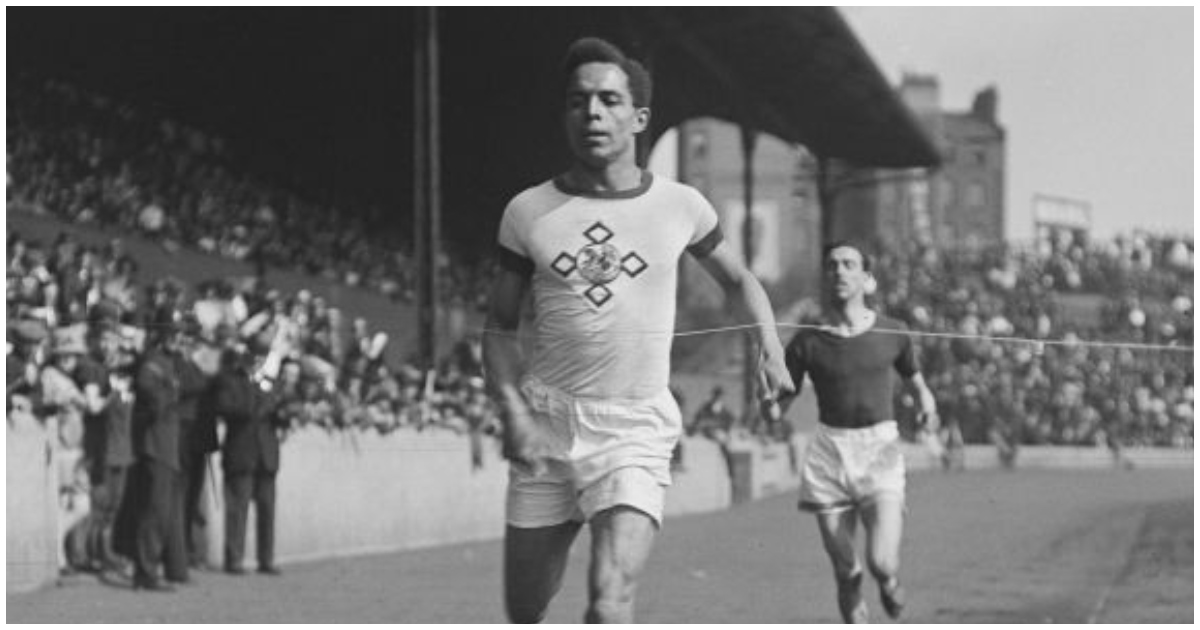Harry Edward, Britain’s first black Olympic medallist, will be commemorated with a blue plaque on his former London home. This honor recognizes his groundbreaking achievements in athletics and his remarkable life story.
Olympic Triumphs and Athletic Prowess
Edward’s sporting career was nothing short of extraordinary. He clinched bronze medals in both the 100m and 200m events at the 1920 Olympics in Antwerp. Moreover, he dominated British sprinting for three consecutive years.
His most impressive feat came in 1922 when he won the 100, 220, and 440 yards finals within a single hour. This triple victory showcased his exceptional speed and endurance.
Blue Plaque Recognition in Bloomsbury
English Heritage has confirmed that the blue plaque will adorn Edward’s former residence in Huntley Street, Bloomsbury. An English Heritage spokesperson expressed enthusiasm about the decision:
“It’s a really exciting prospect. Harry will join a fine collection of Olympic stars who are commemorated on blue plaques.”
Edward now stands alongside other celebrated Olympians like boxer Harry Mallin, middle-distance runner Philip Noel-Baker, tennis player Kitty Godfree, and rower Jack Beresford. All were part of the 1920 Great Britain team.
Unveiling an Extraordinary Life Story
The commemoration follows the recent discovery of Edward’s memoir in an obscure New Orleans archive. Yale University Press published the book this year under the title “When I Passed the Statue of Liberty I Became Black”.
This autobiographical work not only details Edward’s stellar athletic career but also unveils his extraordinary life journey. The book launch took place at the Paris Olympics on Monday at the OLY House, home of the World Olympians Association.
From German Origins to Global Impact
Harry Edward’s life story is as fascinating as his athletic achievements. Born in Germany to a Dominican maître d’ and a Prussian piano teacher, he might have represented Germany in the 1916 Berlin Olympics had World War I not intervened.
Instead, Edward spent the war years in a prisoner of war camp. After liberation, he moved to England, residing in Bloomsbury for four years before emigrating to the United States.
A Legacy Beyond Athletics
In America, Edward’s impact extended far beyond the running track. He worked in theatre with Orson Welles, managed food and milk programs in Harlem, and fought against school segregation.
His humanitarian efforts continued on a global scale. Edward volunteered for the United Nations in Germany and Greece and managed a foster kids program in Vietnam. Throughout his life, he remained a tireless campaigner for civil rights.
Harry Edward passed away during a family visit to Germany in 1973, leaving behind a legacy that transcends sports and touches on social justice, humanitarian work, and breaking racial barriers.





